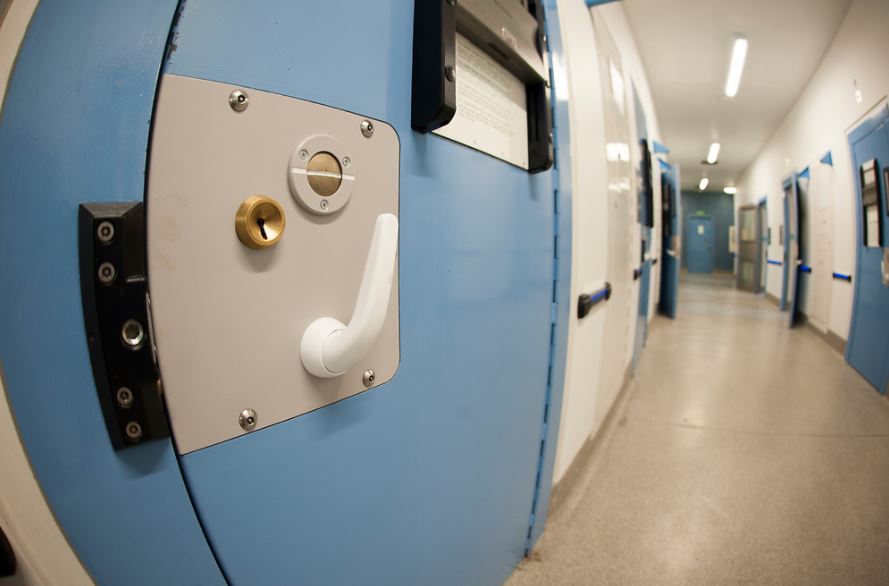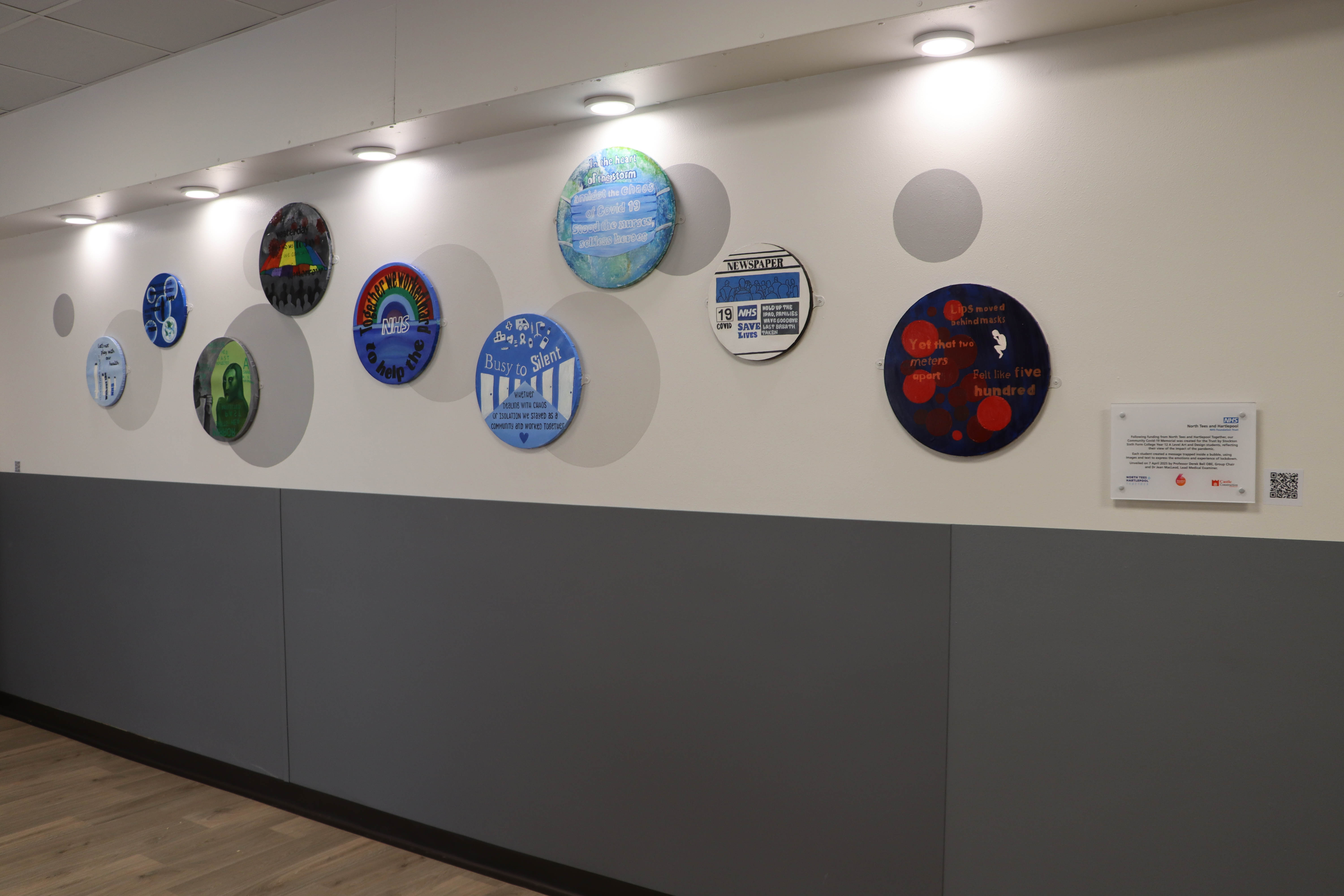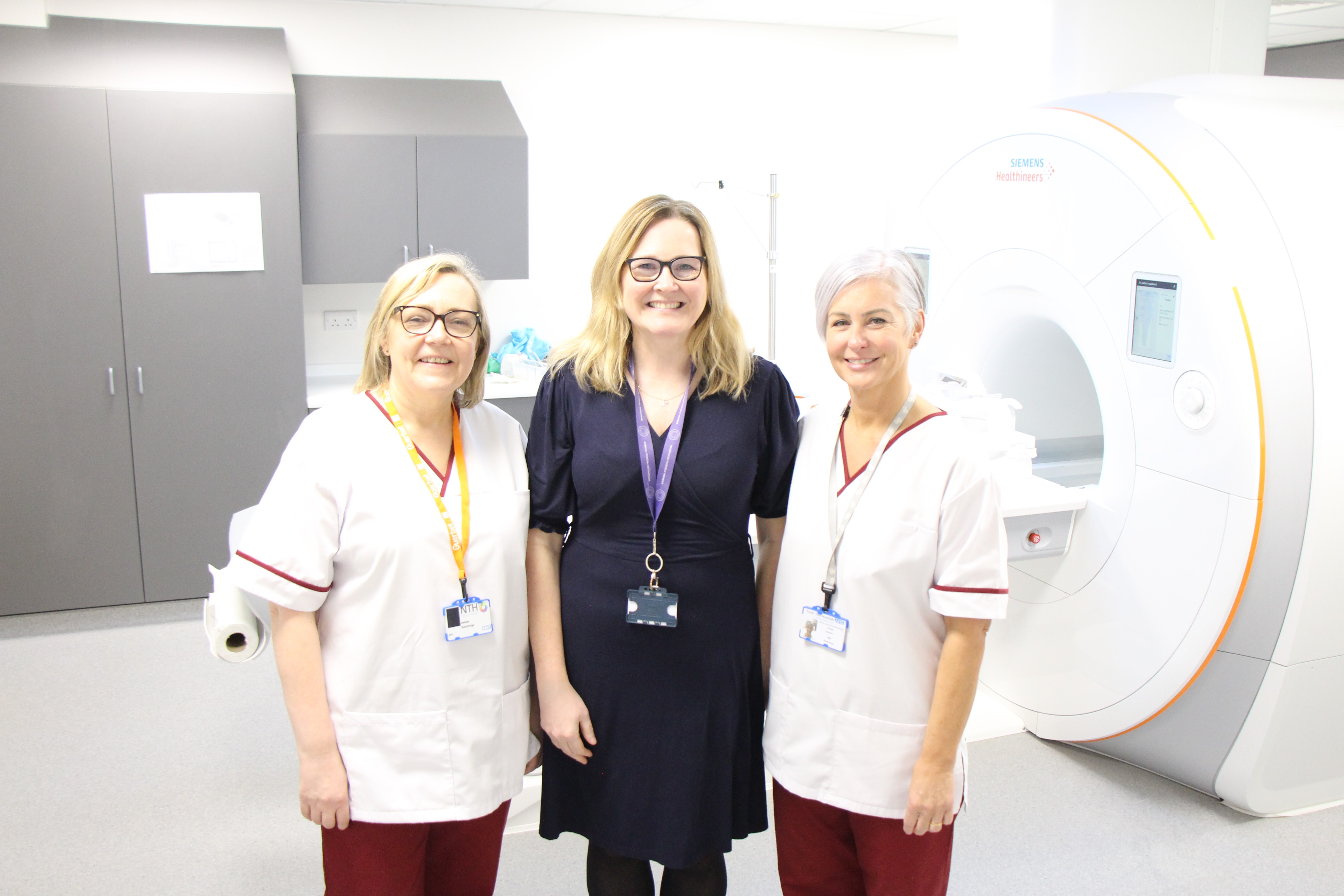|
Getting your Trinity Audio player ready...
|
Economic survey results released today (11 April) by the North East Chamber of Commerce show a picture of cautious optimism among the region’s businesses, with key indicators improving after a challenging Q4. However, the outlook is being clouded by growing concern about the impact of new US tariffs, which could affect businesses across sectors.
- UK sales have increased by 9.9% this quarter, showing signs of renewed activity after a 13.8% annual drop
- Export activity saw a notable 21.3% quarterly increase, though annual levels remain low
- Plant investment has increased by 16.8% from last quarter, while training investment is also up 10.5%
- Recruitment intentions have weakened, with overall workforce expectations down 13.3% on last quarter and 27.1% on the year
- Labour costs continue to dominate price pressures, affecting 85.7% of manufacturers and 76.4% of service providers
The Chamber’s flagship survey captures regional business sentiment at a time of shifting economic pressures. Although key investment and sales indicators improved in the last quarter, broader challenges persist, exacerbated by global uncertainty following the introduction of a baseline 10% US tariff on all UK goods across sectors, including food and drink, textiles, fuels and industrial products.
Rhiannon Bearne, executive director for policy and representation and deputy CEO, said: “This quarter’s results show encouraging signs of recovery, with positive movement in sales and investment after a challenging end to 2024. However, this must be balanced against global uncertainty, as new US tariffs add pressure for businesses in our region.
“In a separate snap poll by the British Chambers of Commerce, 55% of businesses across the North of England said they expect the tariffs to negatively affect them, while 17% said it’s too early to tell.
“We remain in regular contact with national colleagues and government to make sure North East businesses are supported. We are here to help our members navigate these developments.”
Price pressures
Price pressures increased this quarter, with fuel (+5.7%), raw materials (+4.2%) and finance costs (+4.8%) all seeing rises. Labour costs remain the dominant pressure, affecting 85.7% of manufacturers and 76.4% of service providers.
While quarterly pressures rose, the longer-term picture is more stable. Over the past year, fuel (-7.7%) and finance costs (-6.5%) have declined, suggesting some easing of inflation.
Workforce and recruitment
Workforce indicators dipped, with a 13.3% fall in current workforce levels and a 5.2% drop in hiring intentions. Annually, workforce expectations are down 27.1%.
Fewer businesses are hiring part-time (-10.5%) and permanent staff (-6.5%), though full-time hiring is up 7.6%. Recruitment remains particularly challenging for skilled manual and technical roles, with reported difficulty up 12.8% this quarter.
Deborah Walton, Chamber president, said: “Labour costs continue to be a significant burden, and while some price pressures have eased over the past year, we have seen a general increase overall this quarter. Workforce concerns have eased, but businesses are also reporting a decline in hiring intentions. These trends highlight the need for strategic interventions to support business growth.”
Sales and exports
Domestic sales increased 9.9% this quarter but remain 13.8% lower than last year. Export activity rose sharply (+21.3%), though the number of exporters fell slightly (-4.9%). UK orders are still under pressure, with a 1.9% quarterly and 15.9% annual decline.
Business investment
Plant investment rose 16.8%, reflecting renewed confidence, though still 1% below last year. Training investment increased 10.5%, reversing some Q4 declines. However, profitability outlooks dipped slightly, falling 0.8% since last quarter and 10.5% over the year.
Energy usage
Energy remains a concern, with 54.2% identifying it as a key issue. To cut costs, 73.3% of businesses have adopted energy-saving measures, including staff behaviour changes (81%), reduced equipment use (76%) and investing in efficient equipment (50%). Fewer businesses are altering work patterns to cut energy use, with a 5% quarterly decline.
Advocacy and support
The Chamber remains committed to championing the North East. By sharing these findings with policymakers, we aim to keep regional priorities central to the UK’s economic agenda.
Rhiannon added: “Your insights through this survey shape our advocacy efforts. As we monitor the impact of US tariffs and other trends, your continued feedback is vital. Thank you for your engagement; we’re here to support you in the months ahead.”
Our Top Stories This Week
About The Reporter
General Manager




















































